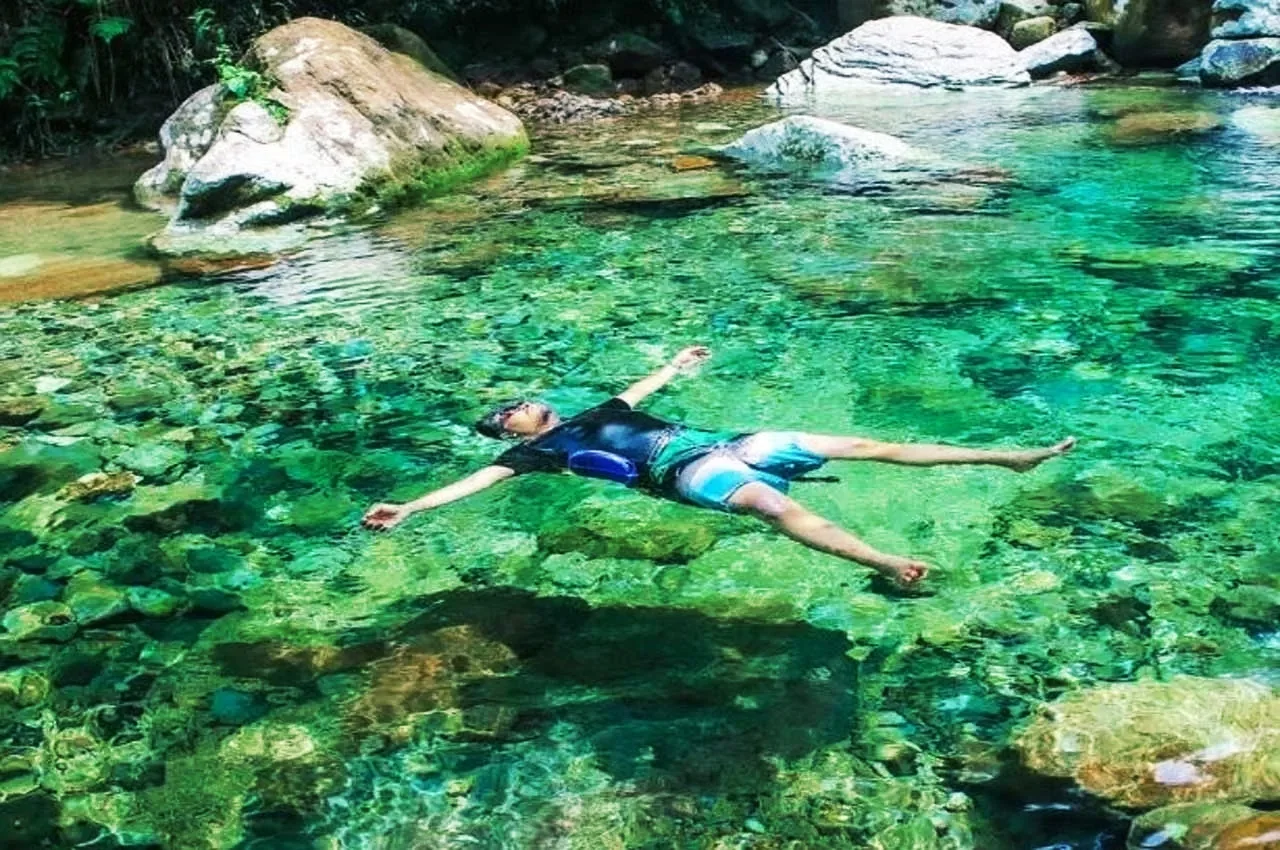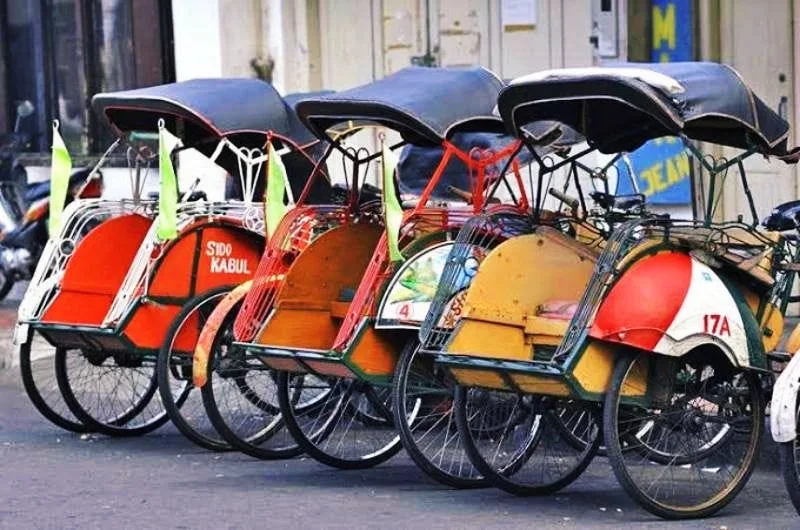Indonesian cuisine offers a variety of flavors and delights, and a no less tempting dish is somay.
Somay is one of the popular dishes in Indonesia that whets the appetite with a combination of savory, spicy and fresh flavors.
In this article, we will take a closer look at Somay, from its history to the different types available, and also explain why Somay is one of the most popular culinary delights in this country.
**Short story by Somay**
Somay has a long history of development in Indonesia since the Dutch colonial period. Initially, somay was a Peranakan Chinese dish that was later adopted by Indonesians. In reality, this dish has similarities with dim sum from Chinese culture, but sometimes it has its own characteristics that make it so special.
**Main ingredients of Somay**
The main ingredient of Somay is a skin dough made with wheat flour, eggs and oil. This somay skin is thin and chewy, making it suitable for various fillings.
The filling of somay usually consists of minced chicken or shrimp seasoned with various spices such as garlic, pepper and salt.
Apart from that, some countries also use mushrooms, tofu and vegetables as alternative fillings.
**Possible production process**
Making somay is an art in itself.
First, the somay skin dough is kneaded until it is fine and smooth.
This dough is then cut into small pieces and shaped into balls.
Put the chicken or shrimp filling in the mold.
Then the somay is cooked until cooked.
In addition to cooking, somay is also often served with peanut sauce or spicy soy sauce. Peanut sauce is usually made from finely ground peanuts and mixed with garlic, sugar, salt, and lemon juice.
This sauce provides a rich and savory flavor that complements the enjoyment of Somay. Meanwhile, spicy ketjap provides a spicy and tangy aroma that tantalizes the taste buds.
**Unique Somay Indonesia character**
What makes Indonesian somay so special is the variety of flavors and appearances that differ depending on the region.
Each region has different recipes and serving methods, creating a varied culinary experience.
In Bandung, for example, there is Somay, whose cabbage leaves appear green and fresh as a wrapper.
In Jakarta, somay is often served with peanut sauce and spicy soy sauce to make it taste tastier and spicier.
Aside from that, somay can also be served with various side dishes such as noodles, dumplings, or batagor (fried tofu dumplings). This adds a new dimension to Somay's taste and is increasingly popular among culinary connoisseurs.
**Somay and Indonesian culture**
Somay is not just about taste but also about culture.
This dish is an integral part of social events such as social gatherings, birthday parties or weddings.
Somay is a comfort food suitable to enjoy with family and friends. Aside from that, the numerous street vendors selling Somay in various corners of the city also make Somay a symbol of Indonesia's culinary diversity.
Somay is a typical Indonesian culinary dish that should not be ignored.
The combination of savory, spicy and fresh flavors makes it very appetizing, while the different variations in different parts of the Indonesian culinary world add rich color. Somay is not just about taste, but also about history, culture and diversity.
With several variants that never fail to awaken your palate, somay remains one of your favorite dishes that you must try in Indonesia. Enjoy!














































